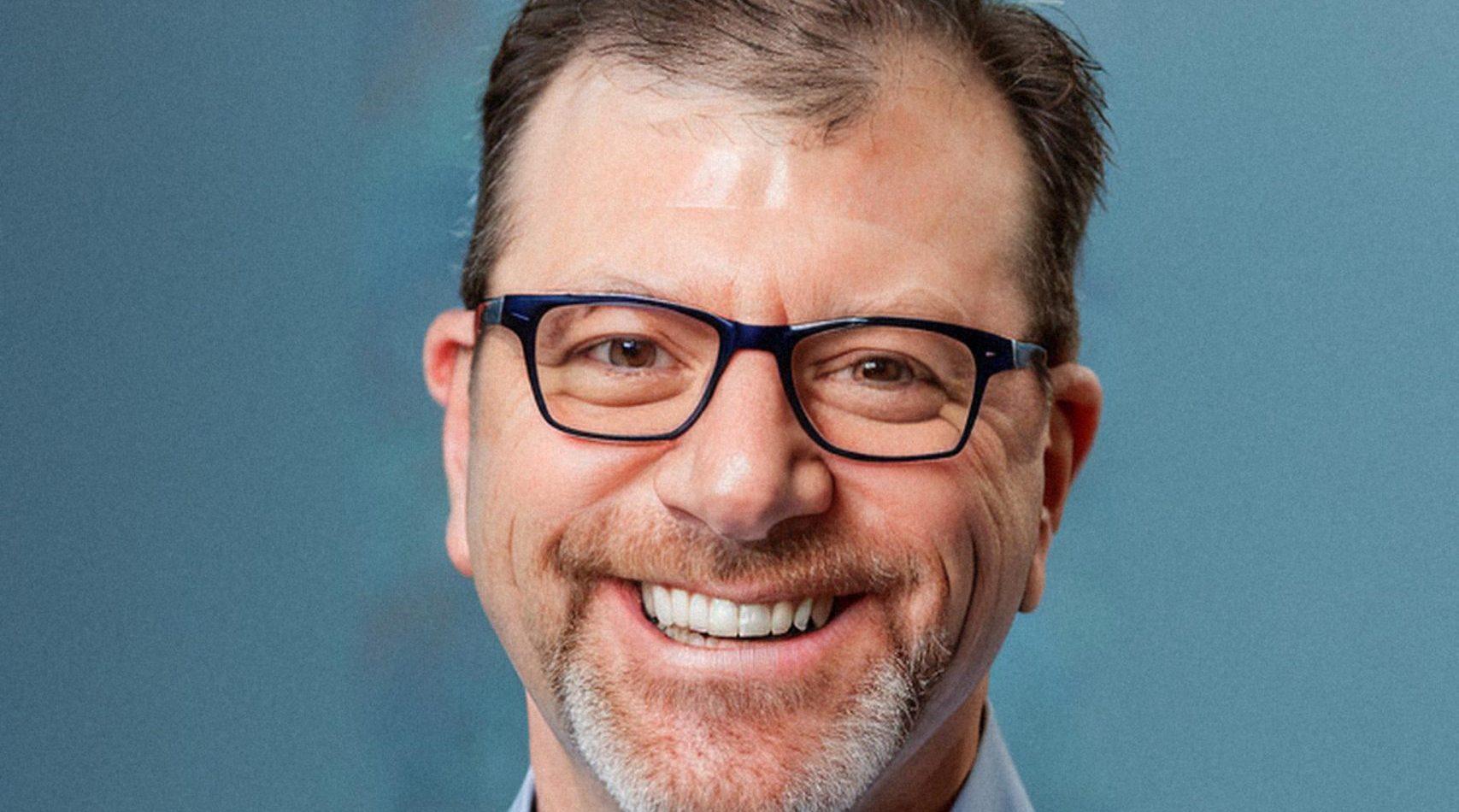Greg Coticchia has spent over three decades at the frontlines of innovation, entrepreneurship, and executive leadership. As a six-time CEO and two-time COO, Greg’s been instrumental in scaling ventures from napkin-stage ideas to billion-dollar enterprises. At Sopheon, he spearheaded a radical transformation, shifting the business from consulting to a scalable SaaS model, culminating in a successful private equity exit. With 17 M&A deals and over $73 million in venture capital raised, he’s not only walked the walk, he’s paved the road.
A recognized thought leader, Greg’s brought over 100 products to market, helped launch 14 startups, and designed the world’s first Master’s in Product Management at Carnegie Mellon University, where he was founding executive director. Today, as a Partner and Coach at CEO Coaching International, he guides ambitious CEOs toward bold growth, innovation, and results that matter.
What drew you to leadership in the tech sector?
I didn’t just choose tech, tech chose me. I’ve always been drawn to where the future is going. Technology is the greatest lever we have for change, and I wanted to be in the business of creating impact, not just watching it happen. Early in my career, I realized that while ideas are cheap, execution is rare. Leadership gave me a front-row seat, and the steering wheel, to build what’s next. I’m not in it for the titles. I’m in it for the thrill of solving problems that matter, building teams that win, and delivering results that scale.
You led Sopheon’s transformation from a consulting company to a SaaS business. What was your playbook?
Every transformation starts with a hard truth. Ours was: the legacy model couldn’t scale. The pivot to SaaS wasn’t just about technology, it was about culture. We reimagined the product, retooled the go-to-market engine, and rebuilt the org from the inside out. I focused on three things: productizing the service, aligning incentives with outcomes, and operationalizing for repeatability. Change is messy, and you will get bloodied. But if you’re not willing to put strategy before comfort, you’ve already lost.
You’ve launched over 100 products. What’s your view on innovation?
Innovation is not a department, it’s a discipline. I’ve seen too many companies confuse invention with innovation. Innovation is taking something from zero to one and then scaling it to one hundred. That takes focus, resilience, and humility. Most of all, it takes listening to your customer and being willing to kill your darlings. Great products solve real problems, not just technical puzzles. I’ve always believed that innovation thrives at the intersection of pain and possibility.
How do your entrepreneurial and academic experiences shape your coaching?
I’ve been in the trenches. I’ve raised capital in bad markets, launched products that flopped, and had exits that changed lives. That gives me empathy. On the academic side, creating the first Master’s in Product Management taught me how to codify what works and teach it. Coaching, to me, is about connection and accountability. I help CEOs simplify the complex, stay focused on outcomes, and turn strategy into traction. This isn’t about theory, it’s about results.
What does innovation mean for leadership?
Real leadership fosters environments where innovation isn’t optional, it’s expected. And innovation doesn’t mean throwing spaghetti at the wall. It’s disciplined experimentation with a bias toward action. It’s about saying no to what’s easy and yes to what’s essential. Leaders need to stop being bottlenecks and start being enablers. Your job is to create clarity, not chaos.
What inspired the CMU Master’s in Product Management?
There was a massive void. Companies were asking for product leaders who understood business, technology, and customers, but universities weren’t producing them. So I set out to build the pipeline. The goal was to combine academic rigor with real-world execution. We created a program that demanded both strategic thinking and street smarts. Seeing grads lead at top tech firms now tells me we were right on the money.
What excites you about joining CEO Coaching International?
I’ve built companies. Now I want to build leaders. CEO Coaching International helps executives get out of their own way and actually “Make BIG Happen.” It’s not about advice, it’s about outcomes. I’m thrilled to partner with other operators who’ve walked the walk and are committed to helping others win. Coaching gives me a way to multiply my impact, and frankly, it’s just damn rewarding.
Advice for CEOs facing capital raises or M&A?
Don’t chase the deal, build the business. The money will come. Whether it’s M&A or a capital raise, it comes down to fundamentals: Are you solving a real problem? Can you scale it? And can you tell that story with numbers and narrative? Always stay grounded in strategy, not ego. And don’t go it alone, surround yourself with people who’ve done it before and aren’t afraid to tell you the truth.
What do industry awards mean to you?
Look, it’s nice to be recognized. I’ve been humbled to be a finalist for things like EY Entrepreneur of the Year. But I don’t hang awards on my wall, I hang impact. The real reward is seeing teams grow, customers win, and businesses scale. Trophies are nice, but legacy is better.
What’s your vision for the next generation of business leaders?
The next generation needs to lead with clarity and courage. The world is moving faster than ever, AI, ESG, remote work, geopolitical shifts. It’s not about having all the answers. It’s about asking the right questions and surrounding yourself with people who elevate your game. Coaching is no longer remedial, it’s strategic. The CEOs I coach aren’t broken; they’re hungry. And that’s what the world needs, leaders who don’t just want to be better, but want to make everything around them better too.

